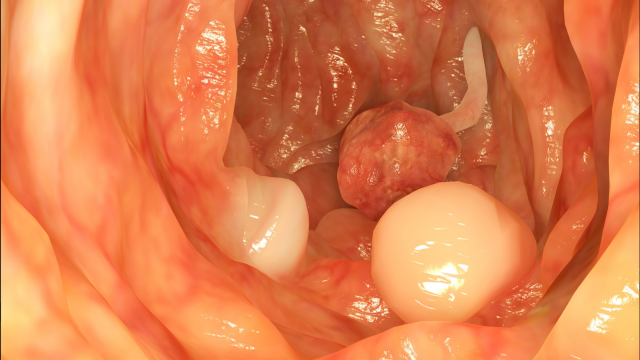The neck of the uterus is called the cervix. The cervix has two parts -the endocervix and the ectocervix. These two parts have different types of cells. Cancer can happen in any of these two parts and is known as cervical cancer. The cancer cells may grow on the cervix and cause a growth/mass and they may grow within the tissues and spread to the adjacent organs.
Cancer of the cervix does not happen overnight. The abnormal changes start to happen over a very long period of time. These changes are called dysplasia. These changes over time progress from mild dysplasia to severe dysplasia and then precancerous to cancerous changes.
Causes of cervical cancer
- The main cause of cervical cancer is HPV infection i.e. human papillomavirus infection.
- There are various factors that increase the risk of cervical cancer –
- Multiple sexual partners
- Smoking
- Malnutrition
- The onset of sexual activity at an early age.
Symptoms of cervical cancer
- Common symptoms are abnormal bleeding from the vagina
- Bleeding after sex
- Intermenstrual bleeding
- Abnormal discharge and spotting
- In advanced stages, there may be bleeding from the urinary and back passage
- Severe pelvic pain
- Back pain.
The women may not have any symptoms and cancer may be discovered accidentally on an abnormal Pap test report or routine examination.
Diagnosis of cervical cancer
The diagnosis is best made by a biopsy. This can be done in the outpatient or sometimes in the theater under anesthesia. One may need a complete examination under anesthesia, cystoscopy (that is to look into the urinary bladder with a camera to see if the cancer is invading into the bladder) and colonoscopy (that is to look into the colon with a camera to see if cancer has invaded into the back passage).
This examination allows us to do the staging- i.e. the process to determine how far cancer has spread. Most cancers have stage 0 to 4. The higher the number more is the spread.
Treatment of cervical cancer
Cervical cancer is treated with surgery radiotherapy and chemotherapy. The type of treatment depends on the type of cancer and the stage of cancer. Cervical cancer responds to treatment and can have very good results in the earlier stages.
Prevention of cervical cancer
Let us not wait for cancer to happen. We can prevent cervical cancer by regularly doing a pap test. It will detect the precancerous changes and enable you to access treatment even before the deadly cancer strikes.
So do not delay. If you have not done a pap test and are due for one, then come for a pap test now!!!


















